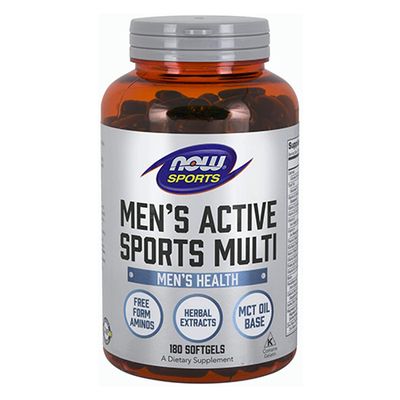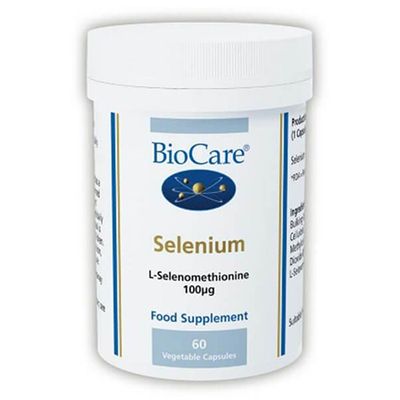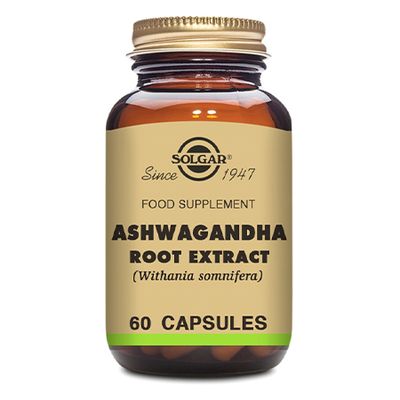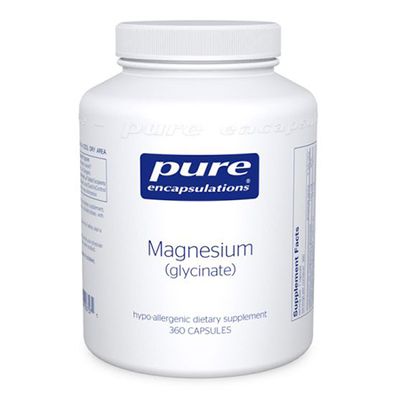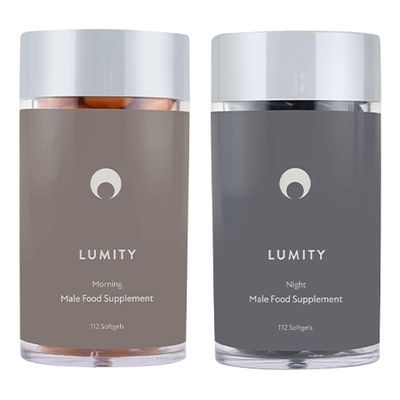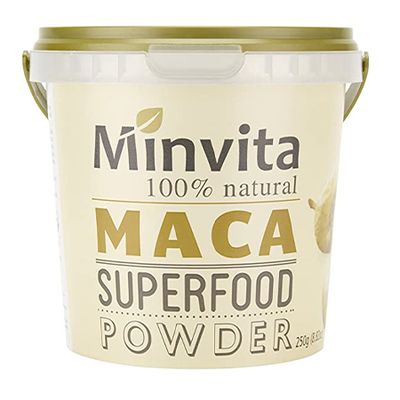
Should You Be Thinking About Your Testosterone Levels?
Firstly, why is testosterone so important?
“There are receptors for testosterone throughout the body. As the main androgenic hormone, it has a direct effect on cells and organs. Optimal levels of testosterone in a young man trigger the onset of puberty, with masculinisation of the body and features, deepening of the voice, pubic and facial hair growth as well as having an effect on social behaviour and emotions. Testosterone also promotes lean body composition, muscular development, good skin and a healthy libido, as well as a healthy cardiovascular system, and skeletal strengthening through bone mineralisation. Moreover, testosterone has the ability to convert to oestrogen, which has protective effects for bone health and can prevent Alzheimer’s. Studies have shown men with optimal testosterone levels have a longer lifespan than counterparts with sub-optimal levels.” – Dr Kishan Raichura, integrative hormone health expert
“While testosterone is found in both men and women, it plays a particularly crucial role in men’s health. It is primarily produced in the testicles and plays a vital role in sex drive and sperm production. It also has a significant impact on red blood cell production, and bone and muscle mass.” – Luke Pratsides, lead GP at Numan
What are the signs your testosterone levels may be out of whack?
“The most common symptoms I see are a lack of energy, a lack of interest in activities that were previously important, lowered sex drive, decline in stamina for exercise, undesirable cholesterol ratios, and difficulty losing body fat.” – Kishan
“Typically, you’ll feel low and may be suffering with erectile problems. Many men also report difficulty sleeping or feelings of depression, anxiety and irritability.” – Luke
Why might this happen?
“Ageing is associated with a natural decline in testosterone levels and this occurs to greater or lesser degrees between individuals. However, diet can play a role, and it is thought that a diet rich in healthy fats, adequate protein and slow-release carbohydrates can support healthy testosterone levels. Conversely, excess caffeine (more than one cup a day) and excess alcohol triggers testosterone to be converted into oestrogen. The majority of your testosterone is bound to a protein called sex hormone binding globulin (SHBG) and in this situation, the hormone is rendered inactive, and as a result there is less bioavailable testosterone to support the body. As some men age, their levels of SHBG can be raised and bind to even more testosterone, causing a functional hormone deficit – this is commonly referred to as the andropause.” – Kishan
“Low testosterone levels can be brought on by poor nutrition as well as being overweight, illness and a lack of exercise.” – Luke
Does stress take a toll on testosterone?
“Yes. Stress puts strain on the adrenal glands, triggering them to produce more adrenaline and cortisol to cope with the increased stress demand. However, given the precursor building blocks of hormones are the same for cortisol and testosterone, increased stress levels means less testosterone can be made. Stress can also take its toll on the brain, which regulates testosterone production.” – Kishan
What are the implications of long-term low levels of testosterone?
“Chronic low testosterone can have a variety of implications for a man’s health including low libido, erectile dysfunction, infertility, irritability, poor concentration, depressed mood, hair thinning, osteoporosis, loss of muscle mass, increased body fat and increased breast tissue, known as gynaecomastia.” – Luke
“Many of the physical and mental symptoms of low testosterone are similar to those of ageing, and many men report simply feeling out of sorts and not feeling like themselves. From a longer-term health point of view, however, lower levels of testosterone have been strongly associated with fatigue, shorter life span, cardiovascular disease, prostate cancer and Alzheimer’s disease.” – Kishan
How much attention should you be giving to your testosterone?
“If you have noticed any of these symptoms, it’s definitely worth getting your testosterone levels checked out. The problem is, symptoms of low testosterone and high stress levels are very similar – think low libido, low energy and low mood. Either way, if you are experiencing symptoms, managing stress levels would be a good first step and, if you are still noticing symptoms, then speak to your GP to discuss investigating other causes such as low testosterone. Interestingly, recent research has shown the number of men over the age of 40 using testosterone therapy as tripled. Get in tune with your body, monitor how you’re feeling and, if you are at all worried, book an appointment with your GP.” – Luke
How can you support healthy testosterone levels?
“A clean, wholefoods approach goes a long way to promoting healthy testosterone production, as does avoiding refined sugars, caffeine and alcohol. Some studies have also shown an improvement in hormonal levels when introducing some form of a fasting window and following the body’s natural circadian rhythms. Adequate sleep is also a non-negotiable for healthy testosterone levels. When it comes to exercise, research has proven time and time again that high-intensity interval training (HIIT) and weight training can stimulate increases in testosterone secretion.” – Kishan
“Staying active is key, particularly when it comes to maintaining a healthy weight. Obese men have been shown to have lower testosterone levels in multiple studies. The greater their waist circumference or BMI, the lower their testosterone levels.” – Luke
What about supplements?
“A good multivitamin can fill any nutritional voids, and science suggests it could be worth taking selenium and magnesium, both of which are vital for testosterone production. Adaptogens – herbal supplements that can support the adrenal system and regulate cortisol production – can also help. It could be worth trying ashwagandha, terrestris tribulus and maca. As cortisol becomes better regulated, an increase in bio-available testosterone can occur.” – Kishan
GOLDEN RULES FOR OPTIMISING TESTOSTERONE LEVELS
1. Maintain A Healthy Weight
Studies show losing weight can help increase testosterone levels. Aim for a healthy, balanced diet with plenty of vegetables and protein. Ditch processed foods and sugars as well as excessive saturated fats.
2. Stay Active
Regular physical activity helps your brain send out testosterone-boosting signals. In a nutshell, the more muscle mass you stimulate during a workout, the greater the subsequent testosterone boost to your system. High-intensity weight training can be particularly beneficial.
3. Reduce Stress
Chronically raised cortisol levels can stimulate appetite and trigger weight gain, leading to the storage of body fat around your organs – this, in turn, can affect testosterone levels. Make mindfulness and meditation a priority.
4. Prioritise Sleep
If you’re only averaging five hours of sleep a night, expect a testosterone drop of 10-15%, according to one study.
Support healthy testosterone levels with these expert-approved formulas…
For more information visit Numan.com and TheLovelyClinic.co.uk. If you are worried about your testosterone levels, speak to your GP.
*Features published by SheerLuxe are not intended to treat, diagnose, cure or prevent any disease. Always seek the advice of your GP or another qualified healthcare provider for any questions you have regarding a medical condition, and before undertaking any diet, exercise or other health-related programme.
DISCLAIMER: We endeavour to always credit the correct original source of every image we use. If you think a credit may be incorrect, please contact us at [email protected].
